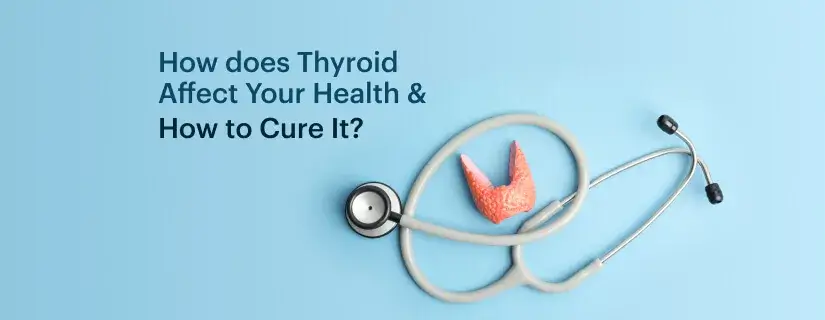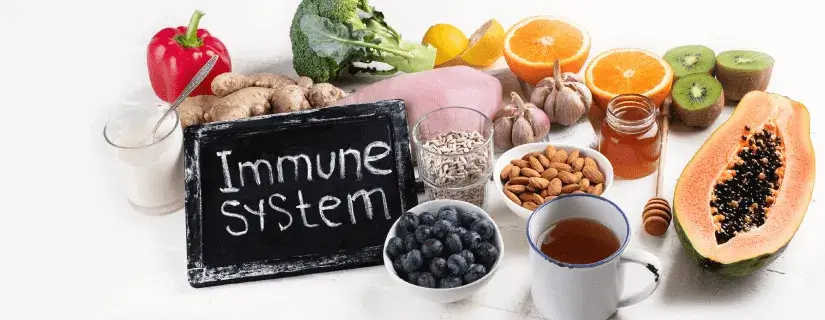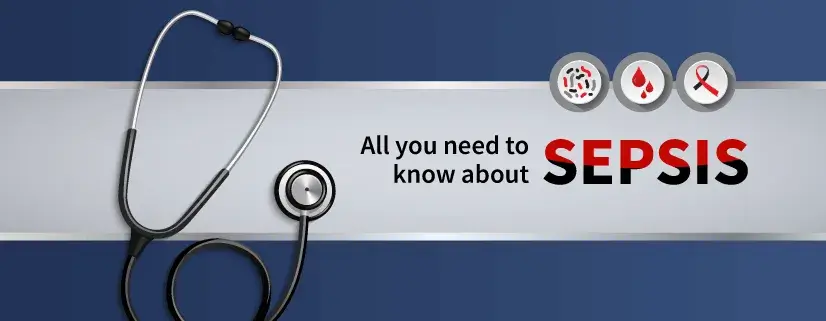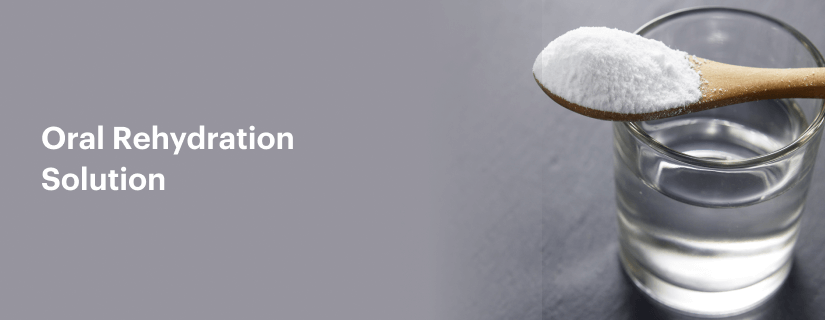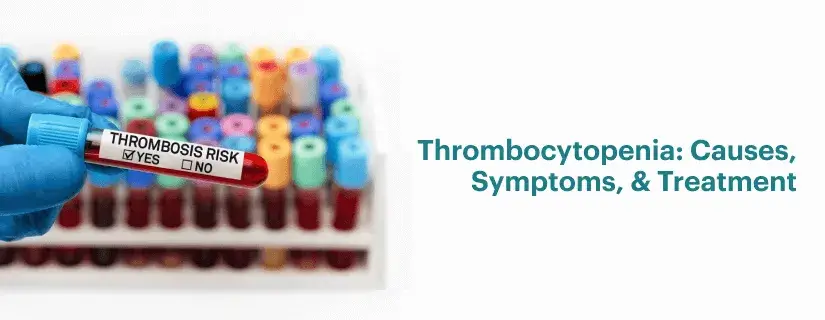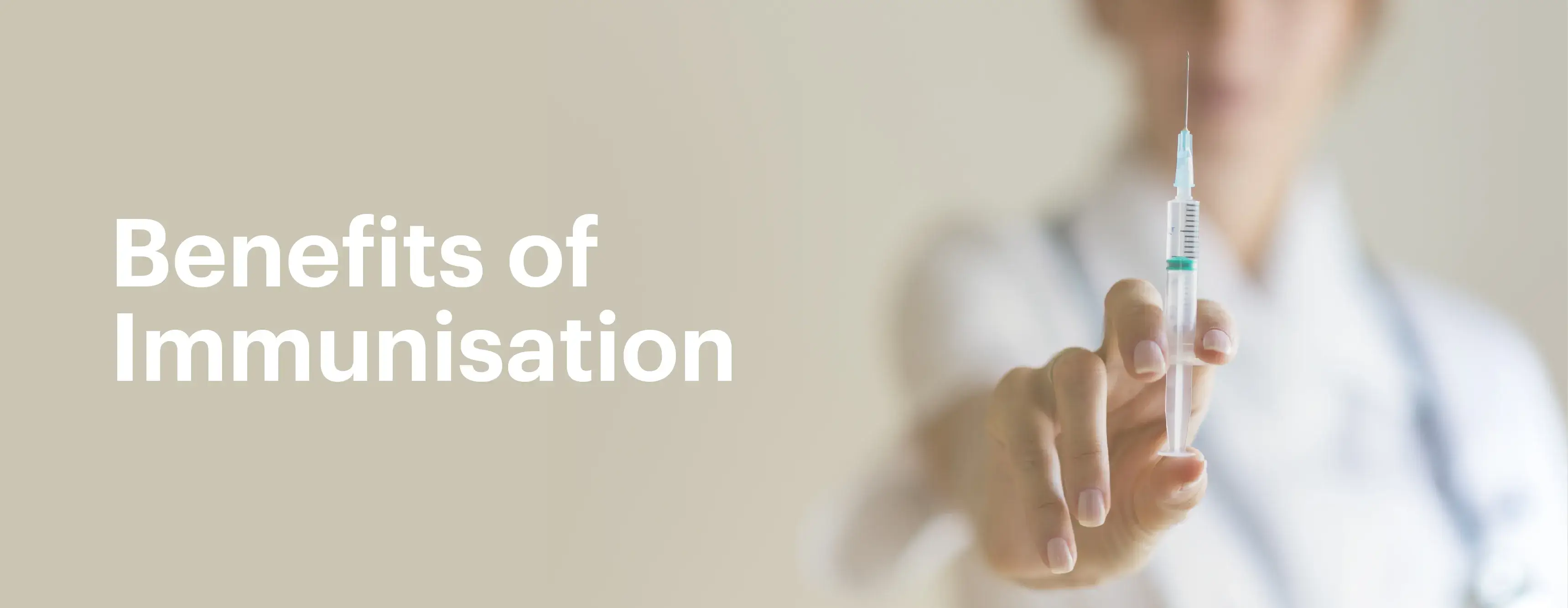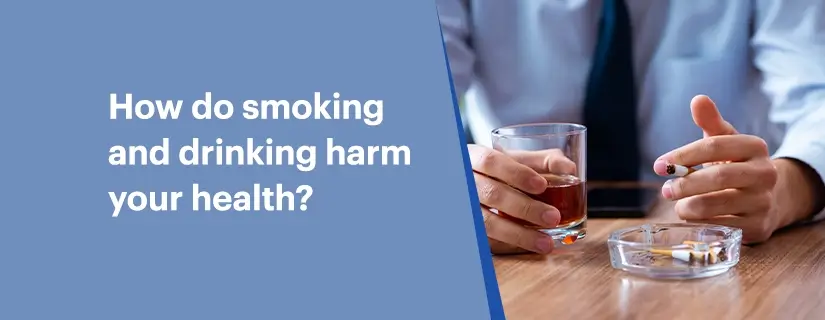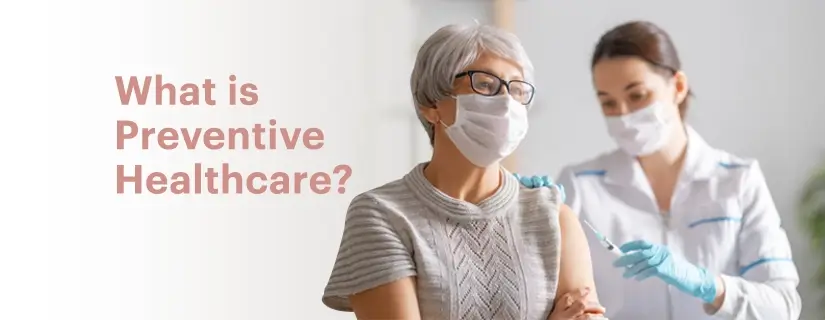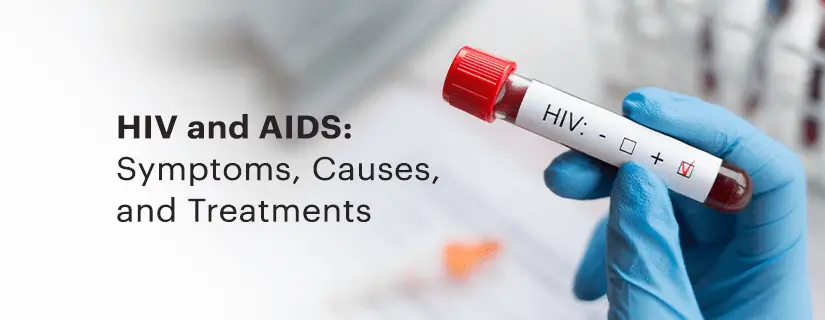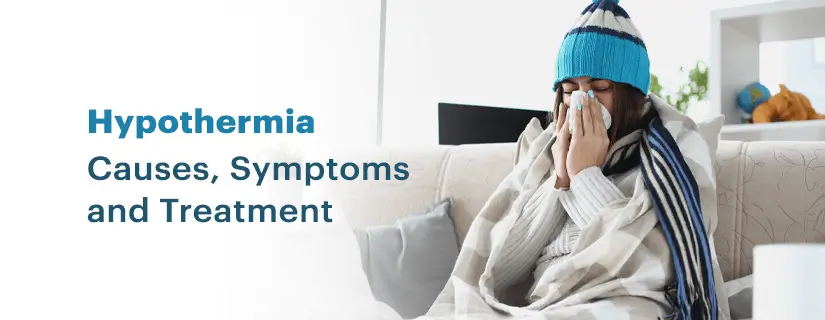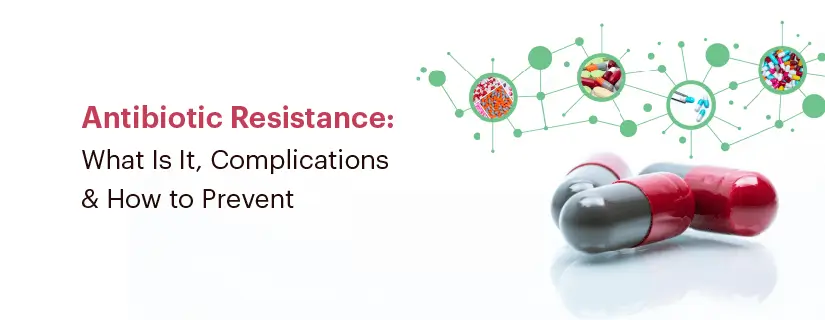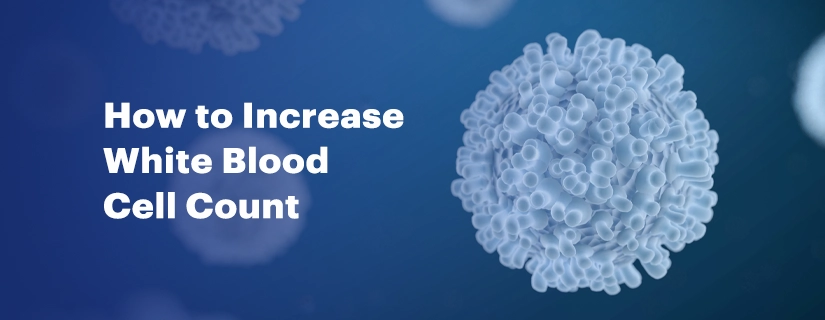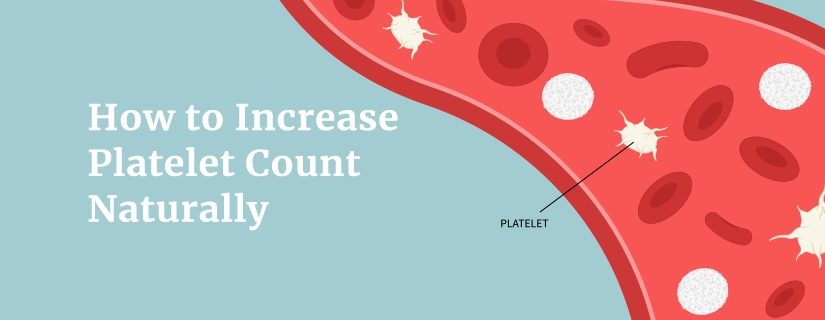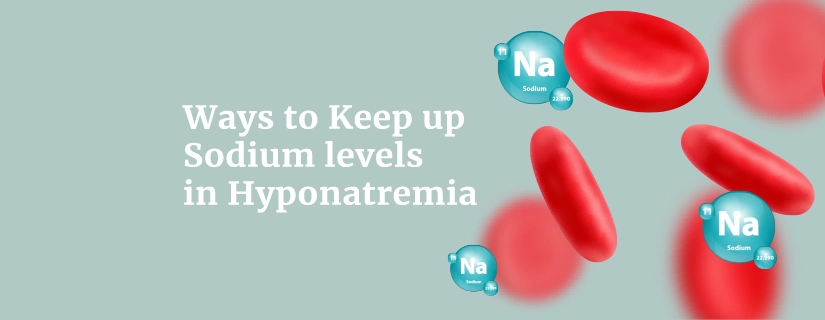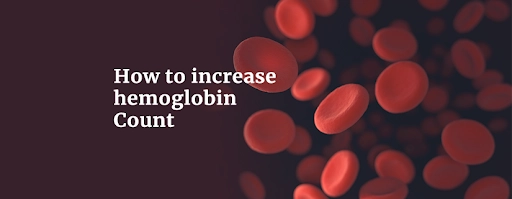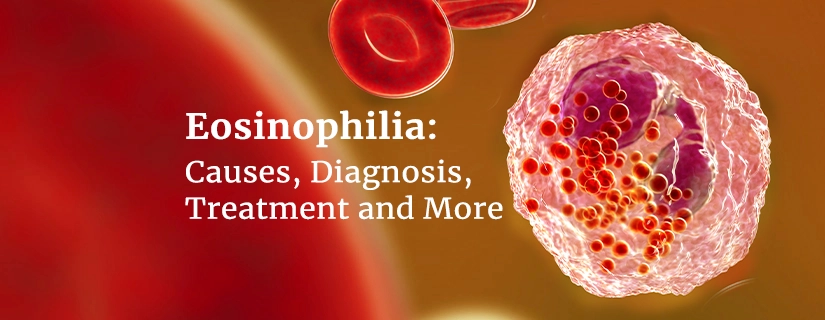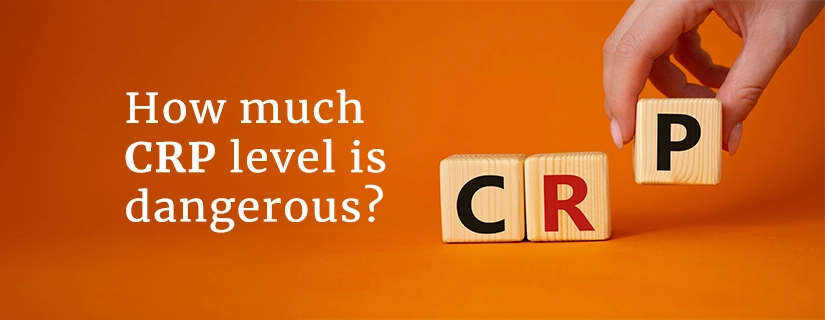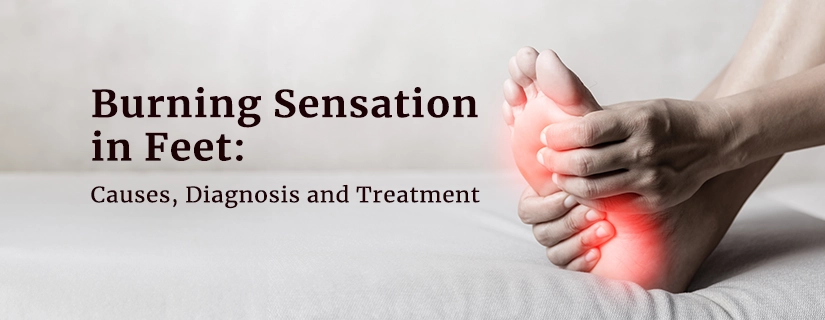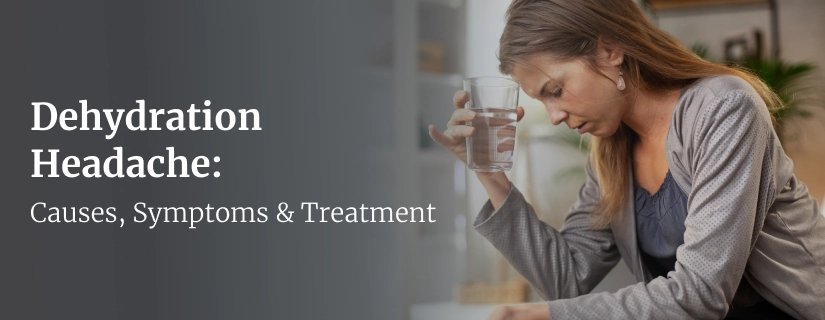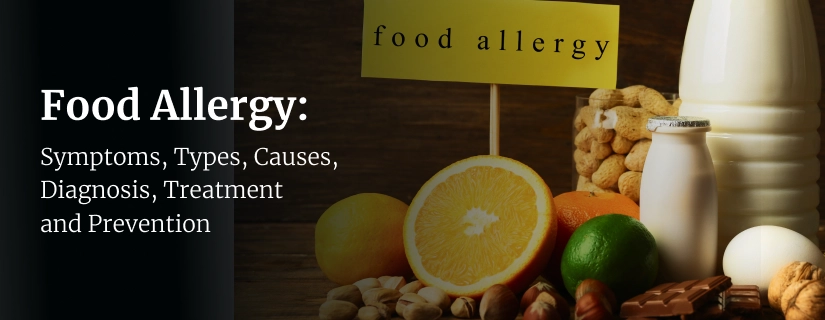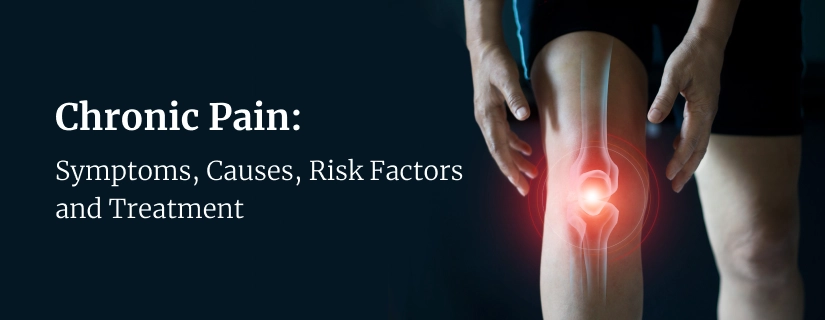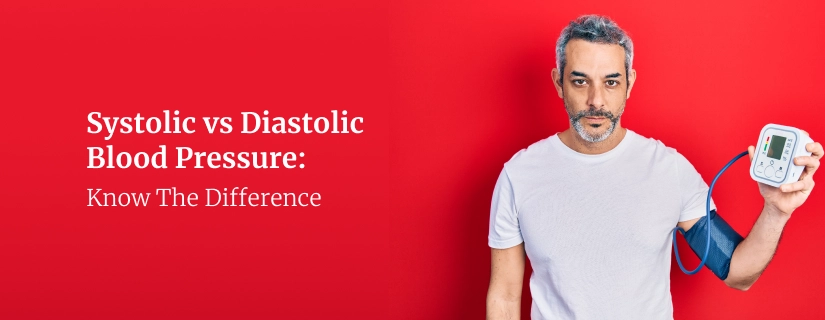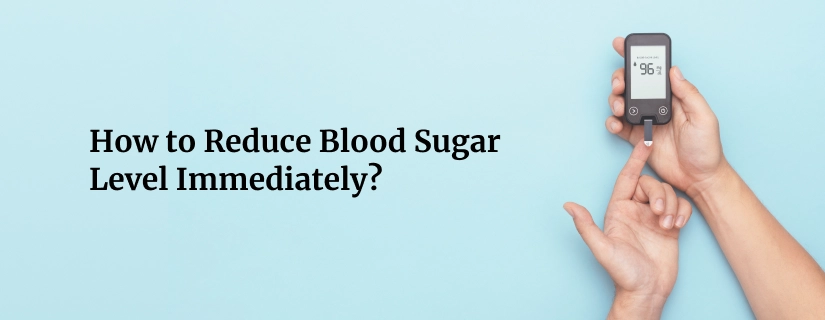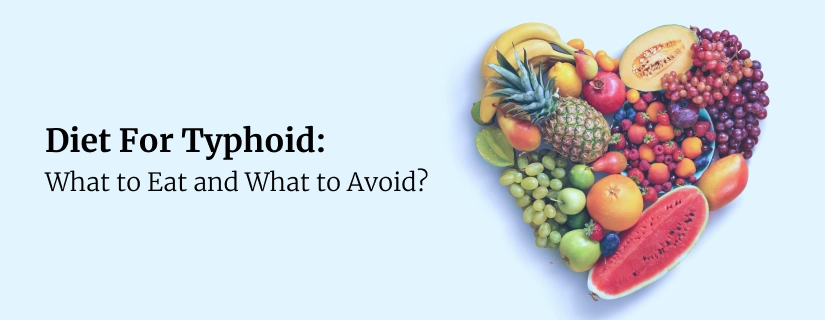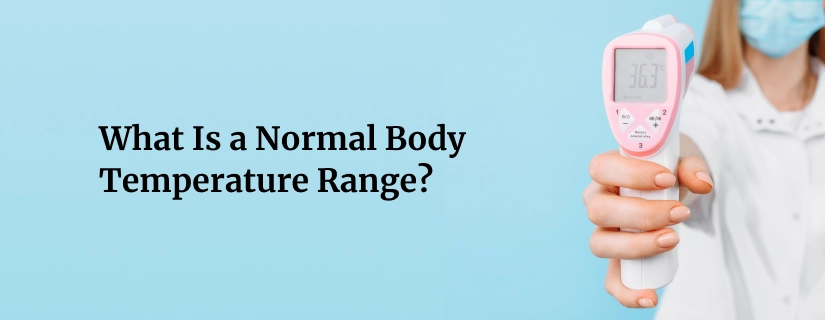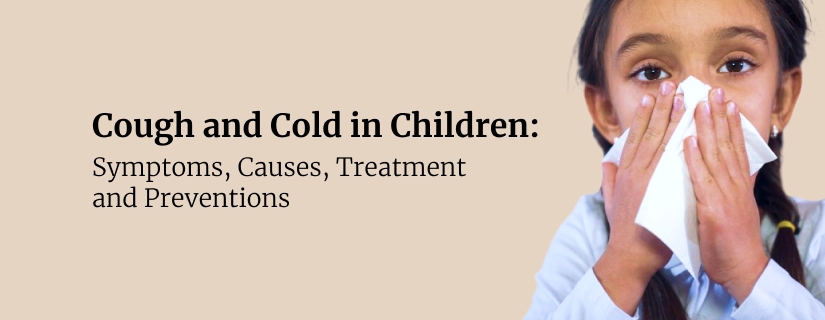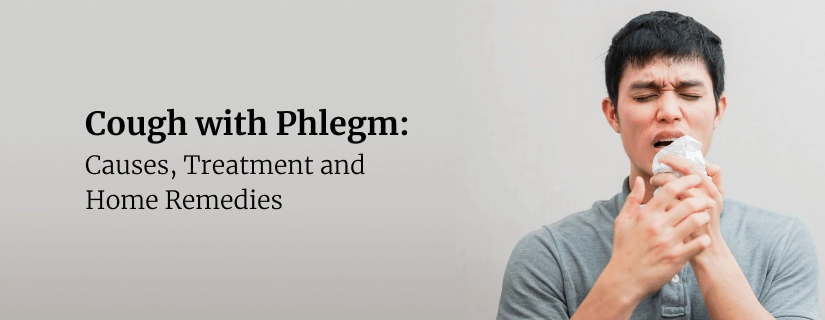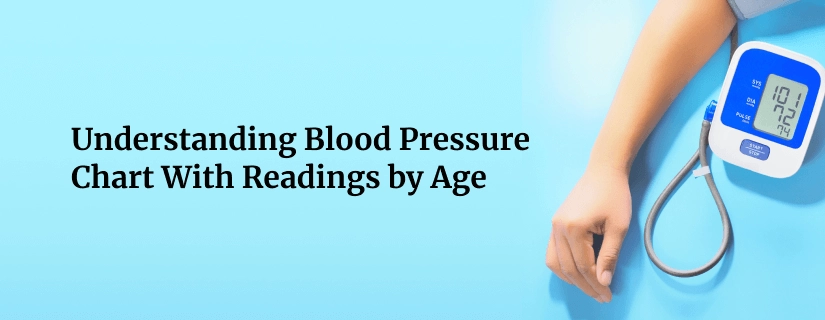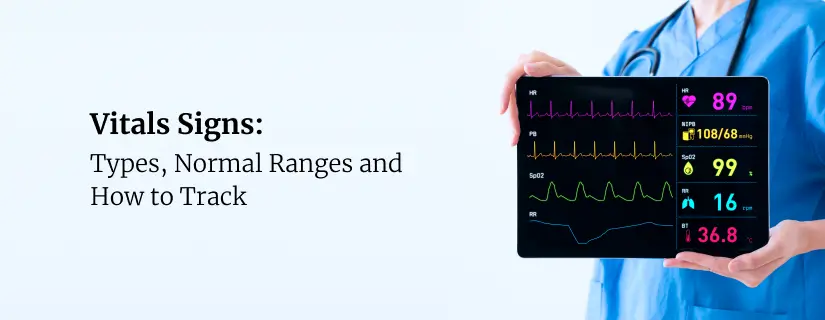-
Doctors
-
Specialities & Treatments
Centre of Excellence
Specialties
Treatments and Procedures
Hospitals & Directions HyderabadCARE Hospitals, Banjara Hills CARE Outpatient Centre, Banjara Hills CARE Hospitals, HITEC City CARE Hospitals, Nampally Gurunanak CARE Hospitals, Musheerabad CARE Hospitals Outpatient Centre, HITEC City CARE Hospitals, Malakpet
HyderabadCARE Hospitals, Banjara Hills CARE Outpatient Centre, Banjara Hills CARE Hospitals, HITEC City CARE Hospitals, Nampally Gurunanak CARE Hospitals, Musheerabad CARE Hospitals Outpatient Centre, HITEC City CARE Hospitals, Malakpet Raipur
Raipur
 Bhubaneswar
Bhubaneswar Visakhapatnam
Visakhapatnam
 Nagpur
Nagpur
 Indore
Indore
 Chh. Sambhajinagar
Chh. SambhajinagarClinics & Medical Centers
Book an AppointmentContact Us
Online Lab Reports
Book an Appointment
Consult Super-Specialist Doctors at CARE Hospitals
How to Increase HDL Cholesterol: 12 Ways to Do
Updated on 16 November 2023
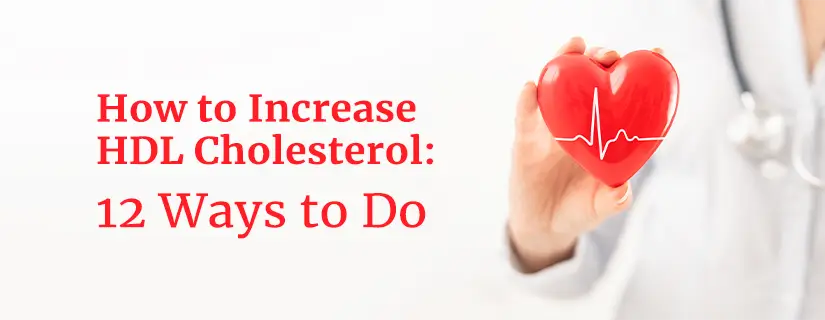
Maintaining a healthy lipid profile is vital for overall cardiovascular health. While much attention is often given to reducing LDL cholesterol (the "bad" cholesterol), it's equally important to focus on how to increase HDL cholesterol (the "good" cholesterol).
High-Density Lipoprotein (HDL) cholesterol plays a crucial role in removing excess cholesterol from the bloodstream, helping to lower the risk of heart disease. In this article, we will explore 12 effective ways to increase HDL cholesterol and improve the overall lipid profile.
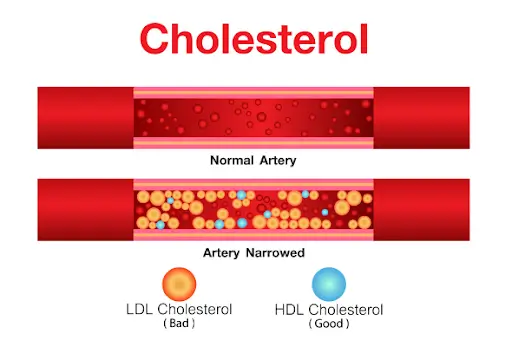
What is HDL?
In the intricate narrative of human physiology, cholesterol plays a pivotal role, with high-density lipoprotein (HDL) emerging as a notable character deserving our attention.
HDL, or high-density lipoprotein, is a crucial component of the cholesterol story. Unlike its counterpart, low-density lipoprotein (LDL), HDL takes on the role of a diligent custodian within our cardiovascular system. It is often hailed as the "good" cholesterol for its extraordinary abilities in maintaining our heart health. The advantages are so much that the health community is on a constant look-out on how to increase good cholesterol.
What is its role in our health?
The primary mission of HDL is to rid the arteries of excess cholesterol, ensuring they remain free from the build-up that can lead to heart diseases. In essence, HDL is our body's natural defence mechanism, orchestrating the removal of cholesterol deposits that may obstruct the arteries.
This custodial role is pivotal because it directly impacts cardiovascular health. By understanding how to increase good HDL, we effectively enhance our body's capacity to mitigate the risks associated with heart diseases. HDL is akin to a guardian, diligently safeguarding our cardiovascular well-being. Here, we will dive into the details of how to increase HDL naturally, including key pointers like how to improve HDL with diet and exercise.
What are optimal HDL levels?
Cholesterol levels are measured in milligrams (mg) of cholesterol per deciliter (dL) of blood or millimoles (mmol) per liter (L). For HDL cholesterol, higher values are preferable.
|
HDL Level |
Males |
Females |
Children |
|
Good |
40 mg/dL or higher |
50 mg/dL or higher |
45 mg/dL or higher |
|
High |
60 mg/dL or higher |
60 mg/dL or higher |
200 mg/dL or higher |
|
Low |
Less than 40 mg/dL |
Less than 50 mg/dL |
Not applicable (n/a) |
How does food affect the cholesterol levels?
Food plays a significant role in affecting cholesterol levels in your body. Here's how:
- Saturated Fats: Found in red meat, butter, and cheese, these fats can raise your "bad" LDL cholesterol levels.
- Trans Fats: Found in some fried foods and baked goods, these can also increase LDL cholesterol and lower "good" HDL cholesterol.
- Fiber-Rich Foods: Oats, fruits, and vegetables contain fiber that helps lower LDL cholesterol.
- Healthy Fats: Foods like nuts, olive oil, and fish contain healthy fats that can improve HDL cholesterol levels.
12 Ways to Increase HDL Cholesterol
- Regular Exercise: Regular physical activity stands as one of the most potent means to elevate HDL cholesterol levels. Engaging in a regimen of at least 150 minutes of moderate-intensity aerobic exercise per week can significantly elevate HDL cholesterol levels.
- Consume Healthy Fats: Swap out saturated fats and trans fats from your diet and replace them with heart-healthy fats sourced from avocados, nuts, seeds, and olive oil. These fats not only augment HDL cholesterol but also have the added benefit of lowering low-density lipoprotein (LDL) cholesterol.
- Fatty Fish: Embrace the inclusion of fatty fish like salmon, mackerel, and sardines in your culinary choices. These oceanic treasures are replete with omega-3 fatty acids, renowned not only for their HDL-boosting prowess but also for a plethora of other cardiovascular advantages. This is one of the best answers to the perpetual question of how to increase HDL with diet.
- Soluble Fiber: Elevate your soluble fiber intake by adding foods like oats, legumes, and fruits like apples and citrus. Soluble fiber contributes to the reduction of LDL cholesterol, indirectly increasing and explaining how to increase good cholesterol.
- Moderate Alcohol Consumption: While excessive alcohol consumption can be detrimental, adhering to moderate alcohol consumption guidelines may lead to an increase in HDL levels. Typically, this means up to two drinks per day for men and up to one drink per day for women.
- Quit Smoking: Smoking is a significant contributor to decreased HDL cholesterol levels. Breaking free from this habit not only benefits your HDL levels but also holds the promise of improving overall cardiovascular health.
- Weight Management: Vigilant weight management is a crucial factor in determining HDL cholesterol levels. The reduction of excess weight, especially abdominal fat, serves as a path to boosting HDL cholesterol. Reducing abdominal fat is a key strategy for improving HDL cholesterol levels.
- Regular Sleep: Insufficient sleep patterns and the prevalence of sleep disorders are closely linked to reduced HDL levels. To promote optimal HDL cholesterol production, it is essential to prioritise quality sleep. Aim for a restorative 7-9 hours of sleep each night.During this time, the body rejuvenates itself, facilitating the intricate processes necessary for harmonious HDL cholesterol synthesis. By maintaining a consistent sleep routine, you strengthen your cardiovascular defenses and support the vitality of your heart.
- Niacin (Vitamin B3) Supplements: Under the prudent guidance of a healthcare professional, consider incorporating niacin supplements into your regimen. Niacin exerts a substantial influence on HDL levels and demonstrates how to increase HDL with diet, but it warrants close medical supervision due to potential side effects.
- Green Tea: The consistent consumption of green tea has garnered attention for its positive influence on HDL cholesterol levels, primarily attributed to its robust antioxidant properties. Green tea's antioxidants combat oxidative stress, which can hamper the production and function of HDL cholesterol. For optimal benefits, strive to include 2-3 cups of green tea in your daily routine. These modest yet regular servings act as a potent ally in enhancing your HDL cholesterol profile.
- Red Wine (in moderation): Red wine contains antioxidants, most notably resveratrol, which has the potential to elevate HDL cholesterol. Nevertheless, it is imperative to remain judicious in alcohol consumption, adhering to moderate limits.
- Manage Stress: Chronic stress exerts a deleterious influence on cholesterol profiles. Incorporate stress-reduction techniques, including meditation, yoga, or deep breathing exercises, into your daily routine to mitigate stress's adverse effects on HDL cholesterol.
How do you know if your cholesterol is a concern?
To know if your cholesterol levels are a concern, follow these steps:
- Get a Blood Test: Ask your doctor for a cholesterol test (lipid profile). This will measure your total cholesterol, LDL (bad) cholesterol, HDL (good) cholesterol, and triglycerides.
- Understand Your Results:
- Total Cholesterol: Should be less than 200 mg/dL.
- LDL (Bad) Cholesterol: Should be less than 100 mg/dL.
- HDL (Good) Cholesterol: Should be 60 mg/dL or higher.
- Triglycerides: Should be less than 150 mg/dL.
- When to Worry:
- High LDL or Total Cholesterol: Increases your risk of heart disease.
- Low HDL: This can also be a concern, as it helps remove bad cholesterol.
- High Triglycerides: Can lead to heart problems.
- Consult Your Doctor: If any of your numbers are outside these ranges, talk to your doctor about what to do next. They might suggest lifestyle changes or medication to help manage your cholesterol.
Medications to boost HDL levels
To boost HDL (good) cholesterol levels, certain medications may be prescribed, though their effectiveness can vary:
- Niacin (Vitamin B3): This can raise HDL cholesterol levels significantly. It’s available in prescription and over-the-counter forms. However, it should be used under a doctor’s supervision due to potential side effects.
- Statins: Primarily used to lower LDL (bad) cholesterol, some statins can also slightly increase HDL levels.
- Fibrates: These medications, such as fenofibrate and gemfibrozil, can increase HDL cholesterol, especially in people with high triglycerides.
- Cholesterol Absorption Inhibitors: Medications like ezetimibe can lower LDL cholesterol and might have a modest effect on raising HDL levels.
Conclusion
Elevating HDL cholesterol levels is a critical step toward nurturing cardiovascular well-being and reducing the risk of heart disease. By embracing straightforward lifestyle modifications and incorporating specific foods and supplements under medical guidance, you empower yourself to increase HDL cholesterol levels and promote overall well-being. Enhancing your HDL cholesterol not only contributes to better cardiovascular health but also enhances your overall well-being and explains how to increase good HDL. So, take proactive steps today to improve your HDL cholesterol and enjoy the benefits of a healthier heart.
FAQs
1. What is a healthy HDL level by age?
A healthy HDL level generally remains the same across all ages. For both men and women, an HDL level of 60 mg/dL or higher is considered protective against heart disease. Levels below 40 mg/dL for men and 50 mg/dL for women may increase the risk of heart disease.
2. What happens if your HDL is low?
If your HDL is low, it may increase your risk of developing heart disease. HDL cholesterol helps remove bad cholesterol from your arteries, so lower levels mean that there’s less of this “good” cholesterol to carry away the harmful cholesterol.
3. What if my HDL is 35?
An HDL level of 35 mg/dL is considered low and could put you at a higher risk for heart disease. It’s important to consult with your healthcare provider to discuss ways to improve your HDL levels through lifestyle changes or medication.
4. Which drink increases HDL?
Moderate consumption of red wine has been associated with increased HDL levels. However, it's important to drink in moderation, as excessive alcohol intake can lead to other health problems.
5. Can losing weight help increase HDL cholesterol?
Yes, losing weight can help increase your HDL cholesterol levels. Regular physical activity, along with weight loss, is one of the most effective ways to boost your HDL.
6. How often should I get my cholesterol levels checked?
It’s generally recommended to get your cholesterol levels checked every 4-6 years if you’re an adult with no other risk factors for heart disease.

ENQUIRY FORM
SELECT CATEGORIES
-
Neurosciences (16)
-
Neurology (37)
-
Neurosurgery (14)
-
Orthopaedics (48)
-
Oncology (33)
-
Obstetrics and gynecology (52)
-
Pulmonology (23)
-
Urology (20)
-
Nephrology (13)
-
Psychiatry (7)
-
Dietetics and Nutrition (111)
-
General Medicine (63)
-
Cardiac Sciences (32)
-
Vascular & Endovascular Surgery and Interventional Radiology (15)
-
Gastroenterology (46)
-
Endocrinology (23)
-
Plastic Surgery (10)
-
Critical Care Medicine (5)
-
COVID-19 (16)
-
Dermatology (16)
-
Emergency Care (1)
-
Ophthalmology (4)
-
Pediatrics (14)
-
Laparoscopic and Bariatric Surgery (8)
-
ENT (15)
-
Kidney Transplant (1)
-
Liver Transplantation and Hepatobiliary Surgery (5)
-
General Surgery (3)
-
Internal Medicine (5)
-
Medicine Information
Home Remedies for Intestinal Worms
How to Prevent Food Poisoning?
YOU MAY ALSO LIKE
RECENT BLOGS
-

Preterm Birth (Premature Birth): Symptoms, Causes, Treatment and Prevention
13 May 2025
Read More
-

Rotablation Angioplasty: Benefits, Treatments, And Recovery Time
9 May 2025
Read More
-

What Is The Difference Between IUI and IVF?
9 May 2025
Read More
-

Venous Malformations: Causes, Symptoms, and Treatment
30 April 2025
Read More
-

Varicose Vein Foam Sclerotherapy: Treatment, Benefits, and Procedure
30 April 2025
Read More
-

Radiofrequency (RF) Ablation Treatment for Varicose Veins: Know More
30 April 2025
Read More
-

Varicose Vein Sclerotherapy: Treatment, Benefits, and Procedure
30 April 2025
Read More
-

Varicose Vein Endovenous Laser Ablation: Procedure, Benefits, Risks
30 April 2025
Read More
Have a Question?
If you cannot find answers to your queries, please fill out the enquiry form or call the number below. We will contact you shortly.













